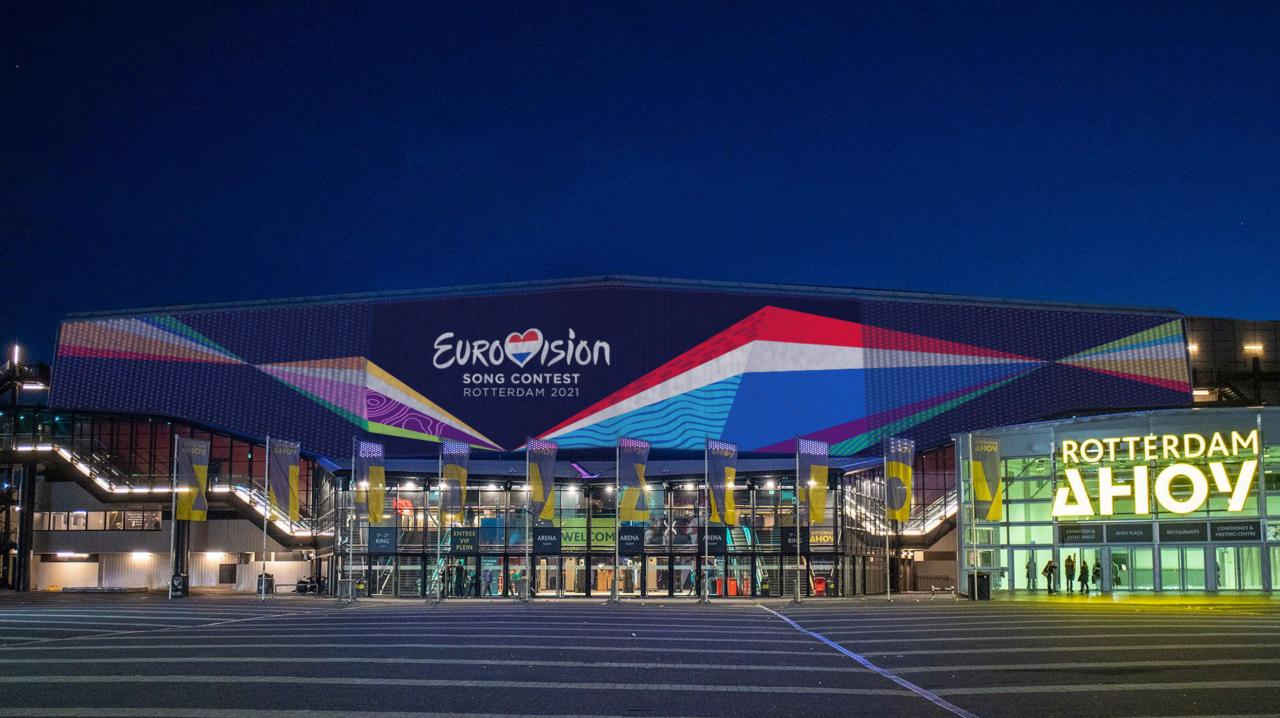The European Broadcasting Union (EBU) and the contest’s organisers (NPO, NOS and AVROTROS) have announced a final decision regarding the scenario that will ensure the health and safety of all people that will be involved in the Eurovision Song Contest next May in Rotterdam. From all the initial four scenarios they considered at the beginning, the organisers have decided to implement ‘Scenario B’.
The health safety and protocols that will be followed match with the Dutch National Institute for Public Health and the Environment guidelines for similar large-scale events such as sports competitions.
Martin Österdahl, the Eurovision Song Contest’s Executive Supervisor, explains:
“The spirit and tradition of the Eurovision Song Contest is about uniting Europe on one stage and we are very much still determined to achieve this in Rotterdam in May. We are moving forward with our plans to produce a safe Eurovision Song Contest, with all artists performing live in Rotterdam. This protocol demonstrates our commitment to make this happen, with the health and safety of everyone attending, including crew and press, our top priority.”
Those attending the Eurovision Song Contest 2021 are recommended to undergo a quarantine of 5 days prior to their departure and they must accredit a a negative test for COVID-19 made at least 72 hours before flying.
The delegations will have to stay in the hotel except for the rehearsals, shows and other activities related to the contest. Press, crew and workers at the Rotterdam Ahoy will be tested regularly at a special designated area next to the hall. This strategy is based on the guidelines of the Dutch National Institute for Public Health and the Environment and the Ministry of Health, Welfare and Sport in the Netherlands.
Sietse Bakker, Executive Producer of the 2021 show, adds:
“Our goal is clear: to prevent transmission of the virus during the event. If someone tests positive, our isolation protocol comes into effect, we support the relevant authorities with track and trace research and we take additional measures where necessary. If a participant is unable to perform live as a result, the backup recording will be used.”
So, that means the organisers will be following ‘Scenario B’, where the number of members of each delegation will be reduced as well as the journalists attending the event, which will be capped at 500 with a further 1,000 able to cover the show in a new online press centre.
A decision about holding the shows with or without an audience hasn’t been made yet and will be announced at a closer date.
More details on the contingency planning for the Eurovision Song Contest 2021 can be found here.

